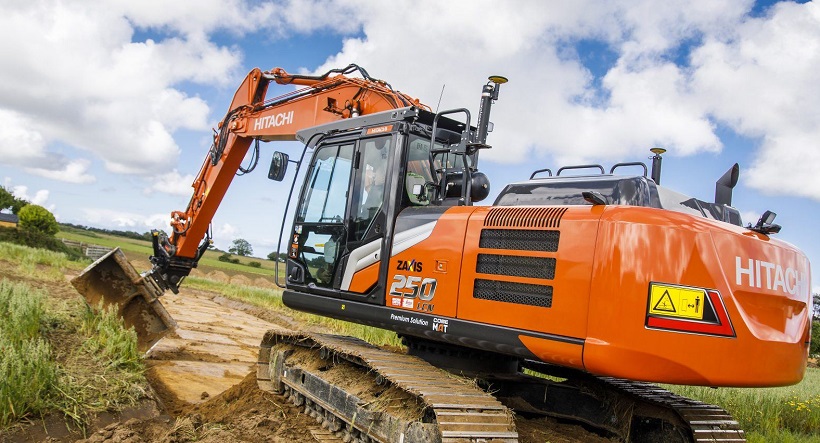As new digital technologies emerge they present new challenges for products’ safety, including safe connectivity, autonomy, and data dependency. To tackle this, an agreement on a new Machinery Regulation has been reached by the European Parliament and the Council of the European Union. This adapts the rules of the existing Machinery Directive to address emerging risks and challenges posed by new technologies to machinery products and ensure these can be operated safely.
Increasing trust in new technology
Heavy-duty construction equipment is one of the many products covered by the new regulation. It is hoped that it will reinforce the industry’s trust in the next generation of machines, as well as foster innovation, and boost the machinery sector’s competitiveness in Europe and on a global basis.
The rules will introduce new safety requirements for autonomous machines, human-machine collaboration and, for the first time, the safe use of artificial intelligence systems in machinery. Administrative burden and costs for manufacturers will be reduced by simplifications, such as allowing digital formats for user manual instructions. These will help the industry to save up to €16.6 billion per year.
Legal certainty will be increased by the new Regulation, which establishes clear and proportionate rules to be uniformly applied across the EU. More effective market surveillance will also materialise, as they align the safeguards against non-compliant machinery products to those used in the wider EU legislative framework on products.
Welcoming this new safety regulation, Hitachi Construction Machinery President Takaharu Ikeda says: “This is a major milestone for the European construction industry and sets the scene for machine safety for many years to come. We welcome the benefits this new regulation will bring to us as a manufacturer, and most importantly, the positive impact it will have on safety for our customers and end users.”

